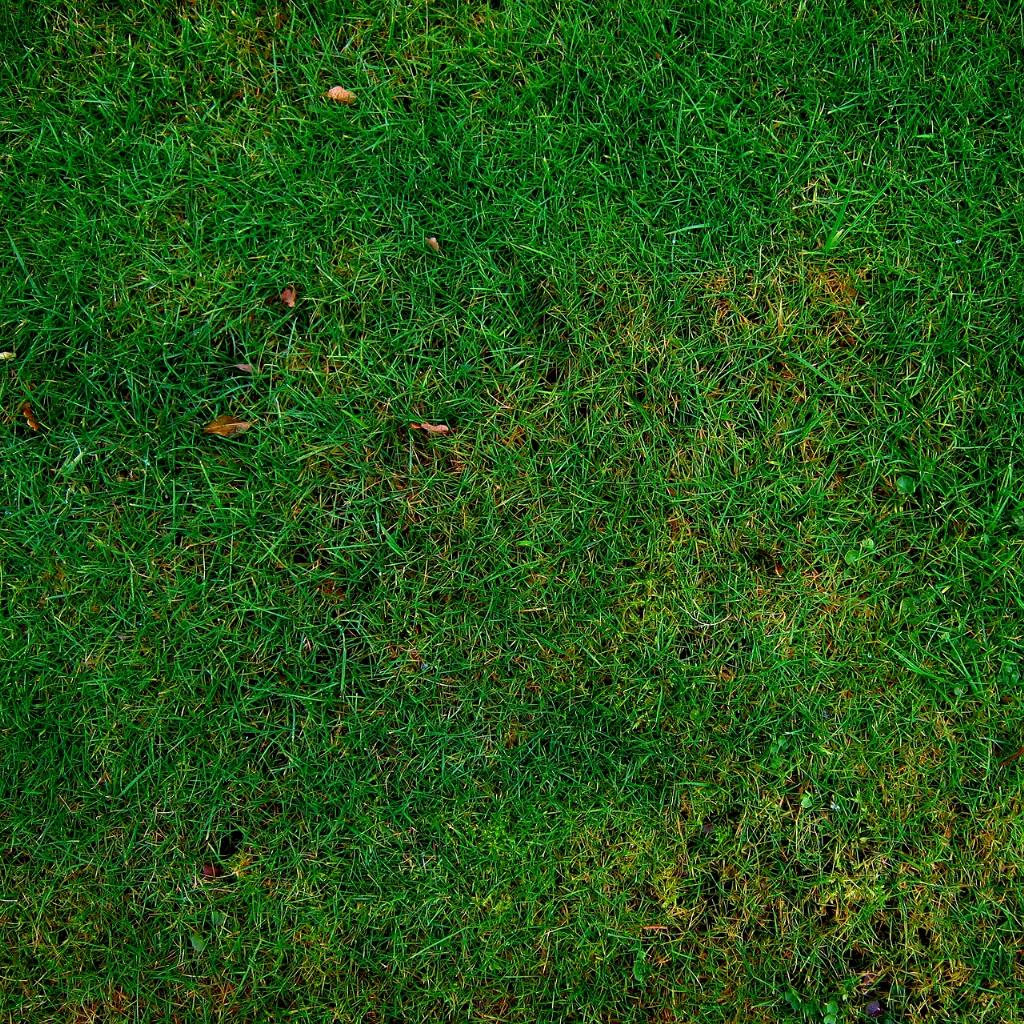When it comes to maintaining a lush and healthy lawn, understanding the role of various nutrients is essential. Potash, or potassium (K), plays a crucial part in promoting the overall health and vitality of your lawn. Unlike nitrogen (N) which is responsible for encouraging leafy growth, potash focuses more on the structural and functional aspects of the plant.
Potash enhances the plant’s ability to withstand environmental stressors, such as drought and extreme temperatures. By increasing the plant’s tolerance to these conditions, potash helps your lawn stay green and vibrant even during periods of limited rainfall or harsh weather.
In addition to improving drought tolerance, potash also contributes to the winter hardiness of your lawn. As the temperatures drop and frost sets in, a lawn that has been adequately supplied with potash is better equipped to endure the cold conditions without experiencing significant damage.
Furthermore, potash plays a role in enhancing disease resistance in your lawn. A healthy lawn that receives sufficient potassium is less susceptible to diseases and infections, ensuring that your grass remains robust and disease-free throughout the seasons.
When it comes to fertilizing your lawn, it is essential to strike a balance between the different nutrients, including nitrogen and potash. While nitrogen is crucial for promoting growth, it is advisable to use a fertilizer that contains potash when your lawn is not actively growing. This ensures that your lawn receives the necessary nutrients to maintain its overall health and resilience.
One of the key advantages of potash is its ability to promote root development in plants, including the grass in your lawn. By strengthening the root system, potash helps improve nutrient uptake and water absorption, leading to healthier and more resilient grass that is better able to withstand various environmental challenges.
Additionally, potash plays a vital role in regulating various physiological processes within the plant, such as photosynthesis and protein synthesis. These processes are essential for the plant’s overall growth and development, and potash helps ensure that they function effectively, promoting healthy and vigorous lawn growth.
It is worth noting that an excess of potash can lead to imbalances in nutrient uptake and cause issues such as salt injury or nutrient deficiencies. Therefore, it is crucial to apply potash according to the recommended guidelines to avoid any adverse effects on your lawn’s health and appearance.
Overall, potash is a fundamental nutrient for maintaining a healthy and vibrant lawn. From improving drought tolerance and winter hardiness to enhancing disease resistance and promoting root development, potassium plays a crucial role in ensuring that your lawn remains green, lush, and resilient throughout the year.
By understanding the benefits of potash and incorporating it into your lawn care routine alongside other essential nutrients, you can help create a robust and thriving lawn that is better equipped to handle whatever challenges nature may throw its way.

